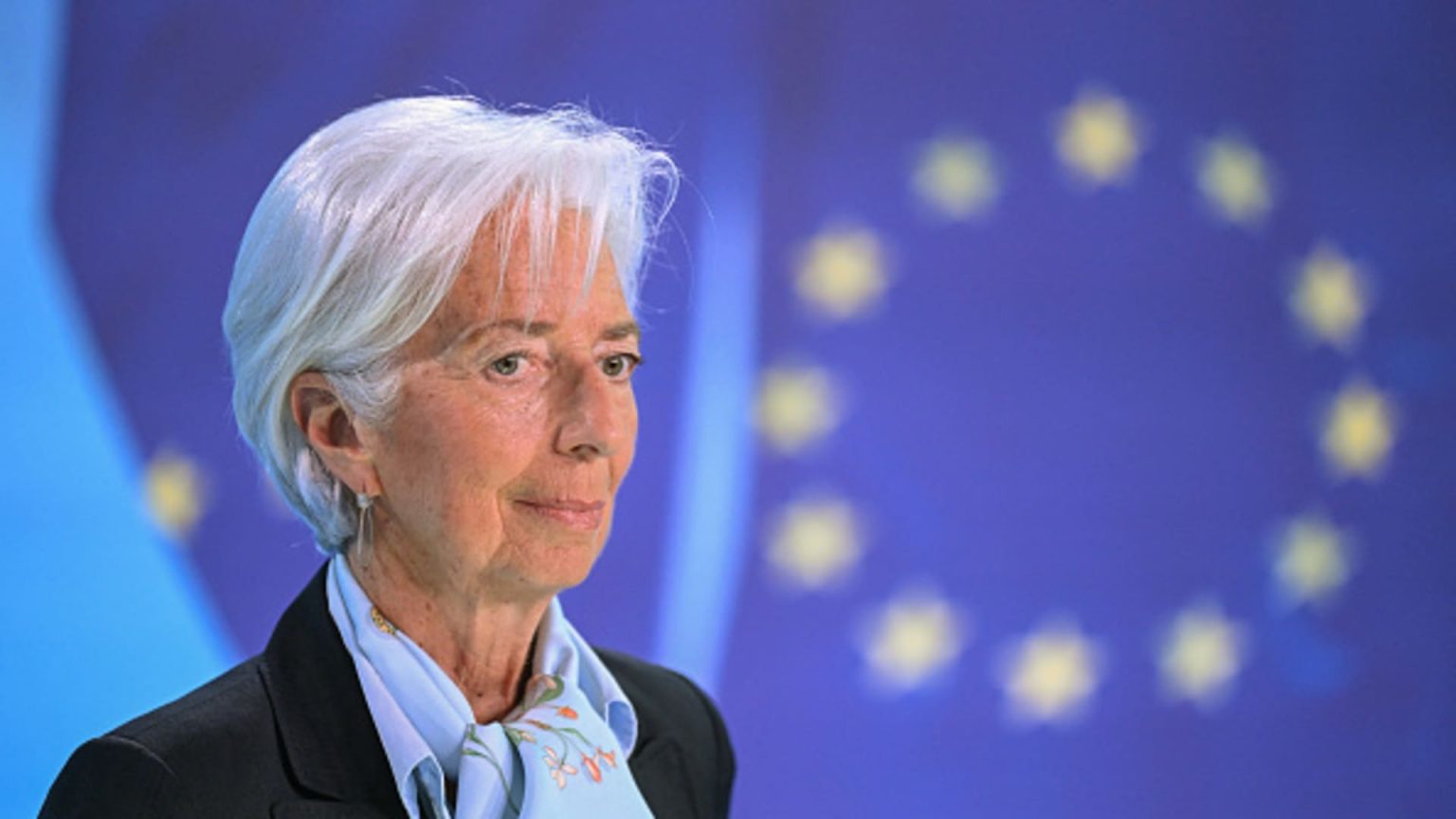The European Central Bank is set to cut borrowing costs for the Euro area for the first time since September 2019, marking the end of a record fast-hiking cycle that began after the Covid-19 pandemic caused inflation to soar. While recent data showed higher than expected inflation rates, including headline inflation at 2.6% and core inflation at 2.9%, some of these numbers are distorted by one-off effects. Negotiated wage growth also saw an increase in the first quarter, reaching 4.7%. Despite the potential for another rate cut in July, recent commentary from ECB policymakers suggests it is unlikely, as elements of inflation such as domestic inflation and services are proving persistent.
European Central Bank board member Isabel Schnabel warned against moving too quickly to cut interest rates, stressing the importance of avoiding a situation where rates are cut too fast. The ECB’s differing rate setting from the U.S. Federal Reserve, which seems more inclined towards a “higher for longer” approach, could pose challenges. The euro-dollar exchange rate plays a crucial role in inflation, as it impacts prices for imported goods and services. Mark Wall explains that if the policy rate differential between the Fed and ECB rises to historically high levels in 6-12 months, there could be a strong pass-through in inflation caused by FX depreciation.
The ECB’s decision to cut rates in June will mark the end of the record fast-hiking cycle that began after the Covid-19 pandemic hit and inflation surged. While recent data indicated higher than expected inflation rates, including headline inflation at 2.6% and core inflation at 2.9%, some figures are distorted by one-off effects. Negotiated wage growth also saw an increase in the first quarter, reaching 4.7%. Despite the possibility of another rate cut in July, the likelihood of this happening seems low based on recent commentary from ECB policymakers. Elements of inflation such as domestic inflation and services are proving persistent, cautioning against cutting rates too quickly.
European Central Bank board member Isabel Schnabel warned against a hasty decision to cut interest rates, emphasizing the need to avoid cutting rates too fast. The ECB’s differing rate setting from the U.S. Federal Reserve, which appears to lean towards a “higher for longer” approach, could have significant implications. The euro-dollar exchange rate is a key factor in inflation, as it impacts prices for imported goods and services. Mark Wall highlights the potential impact of a rising policy rate differential between the Fed and ECB, suggesting that a strong pass-through in inflation could result from FX depreciation within 6-12 months.
The ECB’s decision to cut rates in June will mark the end of the record fast-hiking cycle that began after the Covid-19 pandemic hit and inflation surged. While recent data indicated higher than expected inflation rates, including headline inflation at 2.6% and core inflation at 2.9%, some figures are distorted by one-off effects. Negotiated wage growth also saw an increase in the first quarter, reaching 4.7%. Despite the possibility of another rate cut in July, the likelihood of this happening seems low based on recent commentary from ECB policymakers. Elements of inflation such as domestic inflation and services are proving persistent, cautioning against cutting rates too quickly.
European Central Bank board member Isabel Schnabel warned against a hasty decision to cut interest rates, emphasizing the need to avoid cutting rates too fast. The ECB’s differing rate setting from the U.S. Federal Reserve, which appears to lean towards a “higher for longer” approach, could have significant implications. The euro-dollar exchange rate is a key factor in inflation, as it impacts prices for imported goods and services. Mark Wall highlights the potential impact of a rising policy rate differential between the Fed and ECB, suggesting that a strong pass-through in inflation could result from FX depreciation within 6-12 months.


